Join our consortium – de-risking underground thermal energy storage
BGS is inviting interested parties to investigate how site-scale geological data can be used to optimise thermal storage scheme performance.
25/08/2025 By BGS Press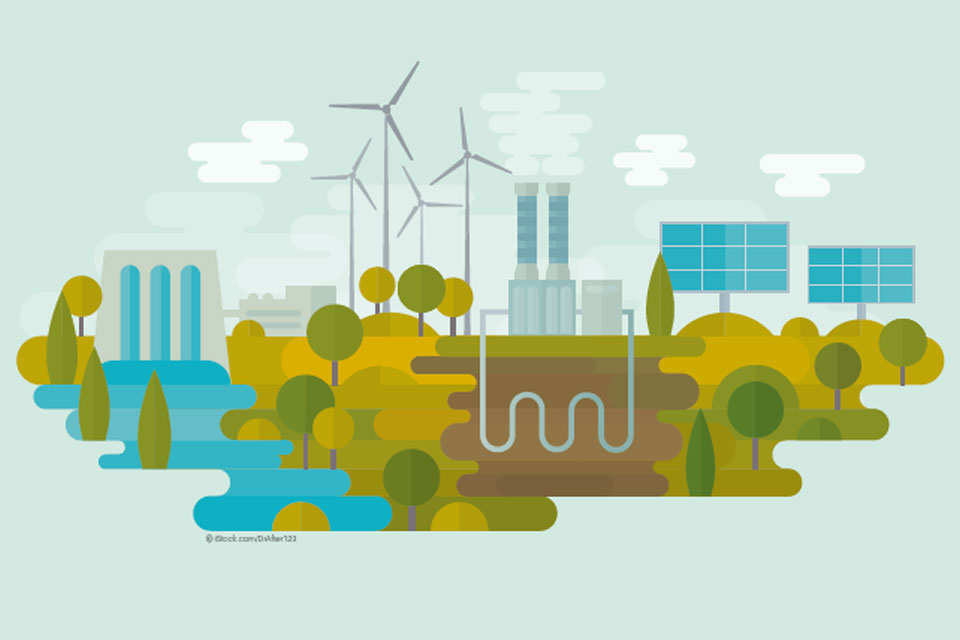
Thermal resource mapping has highlighted the potential of shallow geothermal energy and UTES to reduce the UK’s dependency on fossil fuels for space heating and cooling, which together account for around 25 per cent of UK carbon dioxide (CO2) emissions. Shallow UTES has the potential to balance daily, weekly and seasonal energy demand for the heating and cooling of buildings, offering significant cost savings and reductions in CO2 emissions.
The challenges of UTES
- Any scheme must be designed to take account of the local ground properties, including the geology and hydrogeology of the local subsurface
- There is limited understanding about the variability on how much heat can be recovered under different timescales/operation cycles
- There may be a lack of understanding of the geological features that may affect scheme performance
Benefits for consortium members
The project is designed to be of interest to a wide range of stakeholders. Data from field experiments at the UK Geoenergy Observatories will be used to identify key geological features that should be taken into account in scheme design.
Specifically, the project aims to provide information on:
- optimisation of UTES scheme design with the aim of reducing project risks including time and budget
- identification and possible mitigation methods to reduce geological risks
- discussion on cost-effective monitoring solutions which will be required for permit applications
There will also be opportunities for consortium members to network, share lessons learned, input into any further phases of work and steer future projects.
Next steps
Further information regarding membership costs and copies of the draft terms and conditions are available on request. Further technical details about the project are available on request. The initial call for members will close at the end of September 2025.
If you are interested in participating in the consortium, please contact ukgeosenquiries@bgs.ac.uk.
Related news

New funding awarded for UK geological storage research
21/11/2025
A project that aims to investigate the UK’s subsurface resource to support net zero has been awarded funding and is due to begin its research.
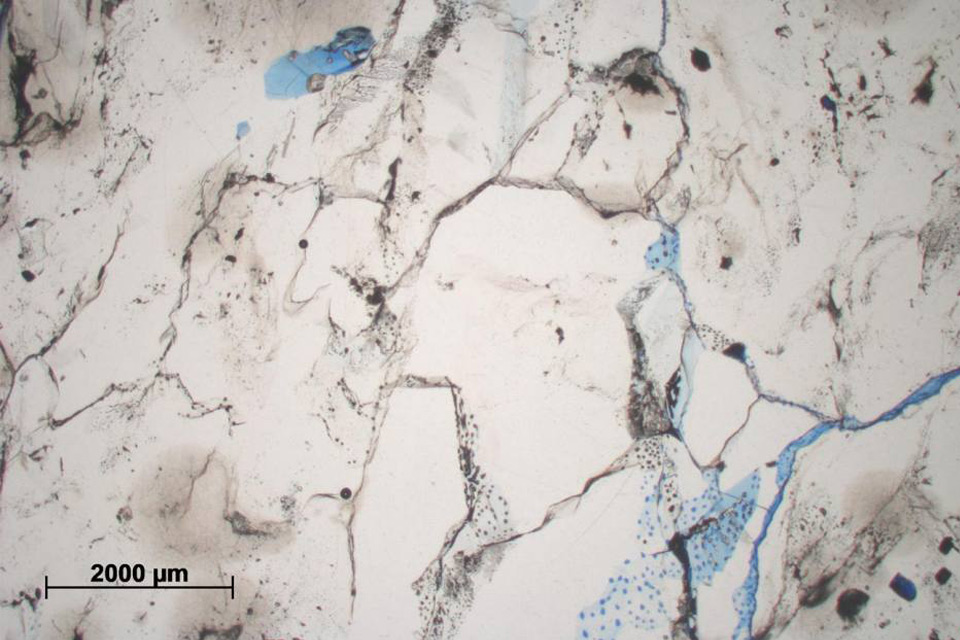
Funding awarded for study on hydrogen storage potential in North Yorkshire
22/09/2025
A new study has been awarded funding to explore the potential for underground hydrogen storage near the Knapton power plant.
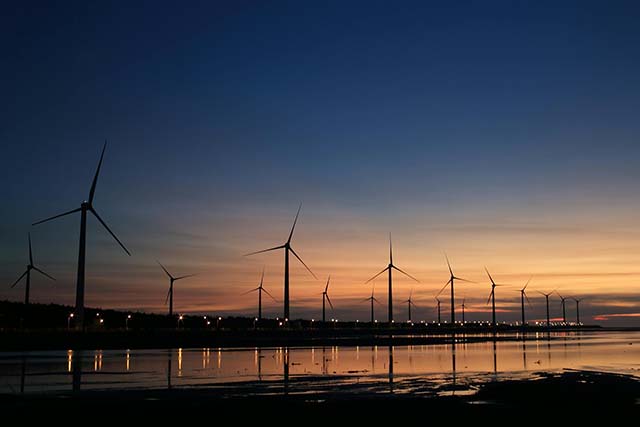
Goldilocks zones: ‘geological super regions’ set to drive annual £40 billion investment in jobs and economic growth
10/06/2025
Eight UK regions identified as ‘just right’ in terms of geological conditions to drive the country’s net zero energy ambitions.
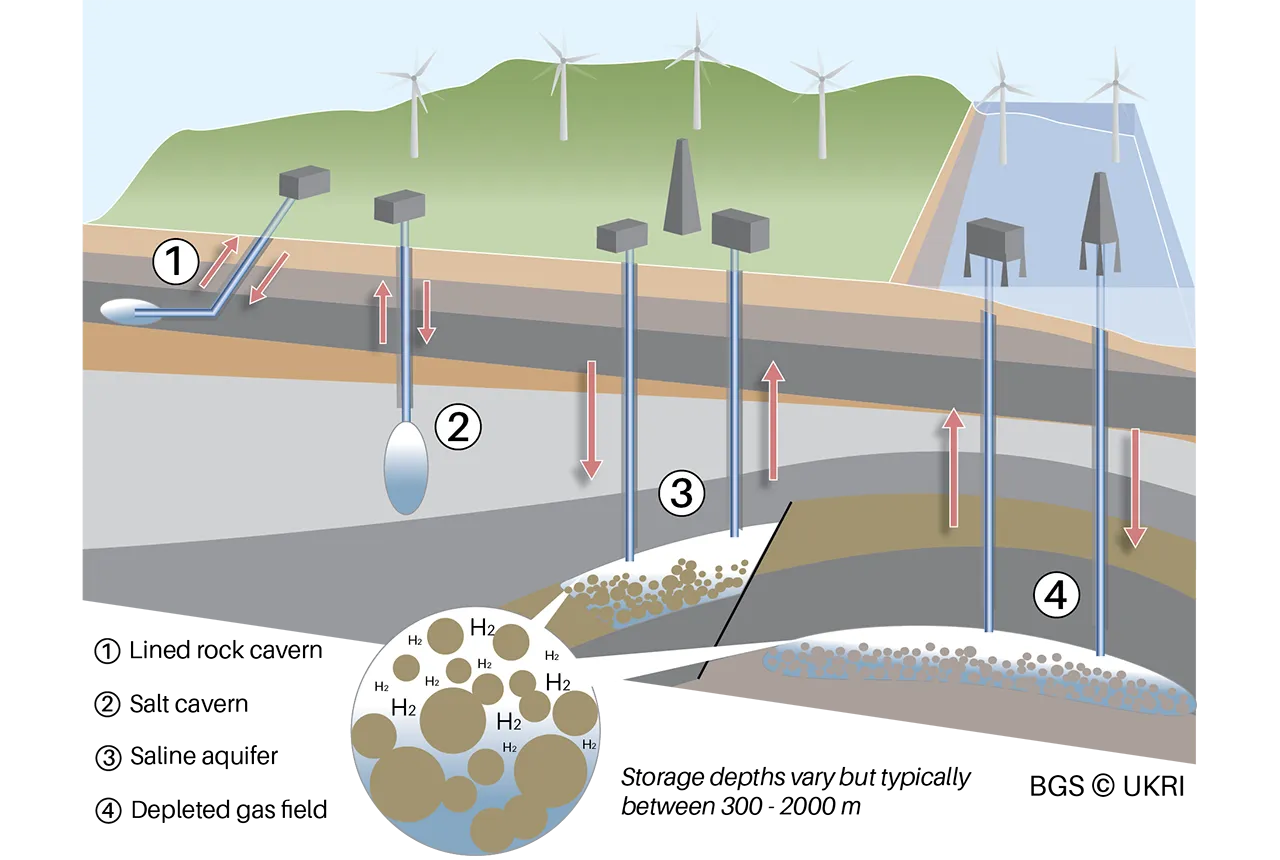
Making the case for underground hydrogen storage in the UK
03/04/2025
A new BGS science briefing note focuses on the potential of hydrogen storage to support the UK energy transition.
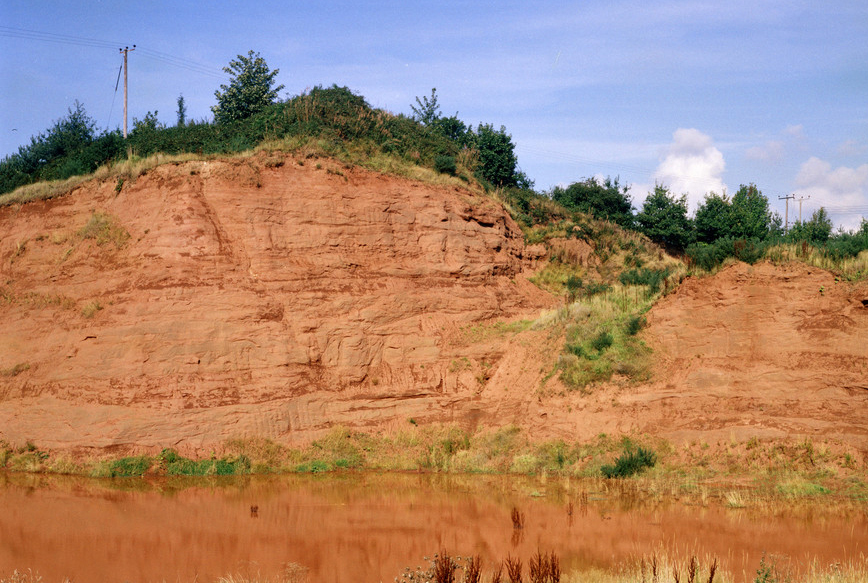
Next stage of funding awarded for project on hydrogen storage potential in the East Midlands
17/10/2024
BGS will conduct essential studies on hydrogen behaviour in the subsurface to predict, measure and monitor underground hydrogen storage.
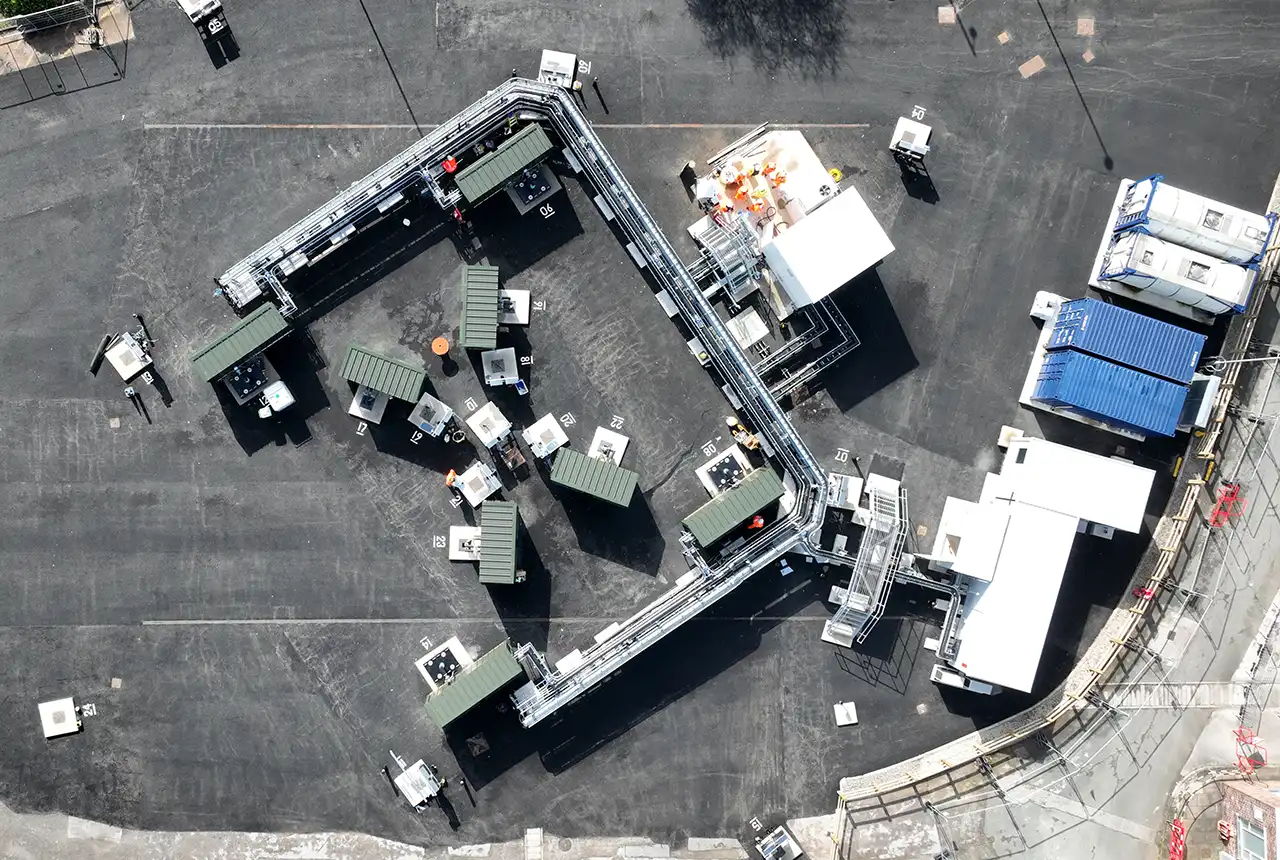
World-class facility creates new opportunities for geothermal energy in Cheshire
10/10/2024
The £8.3 million underground observatory will enhance the UK’s knowledge on the clean energy required to decarbonise heating.
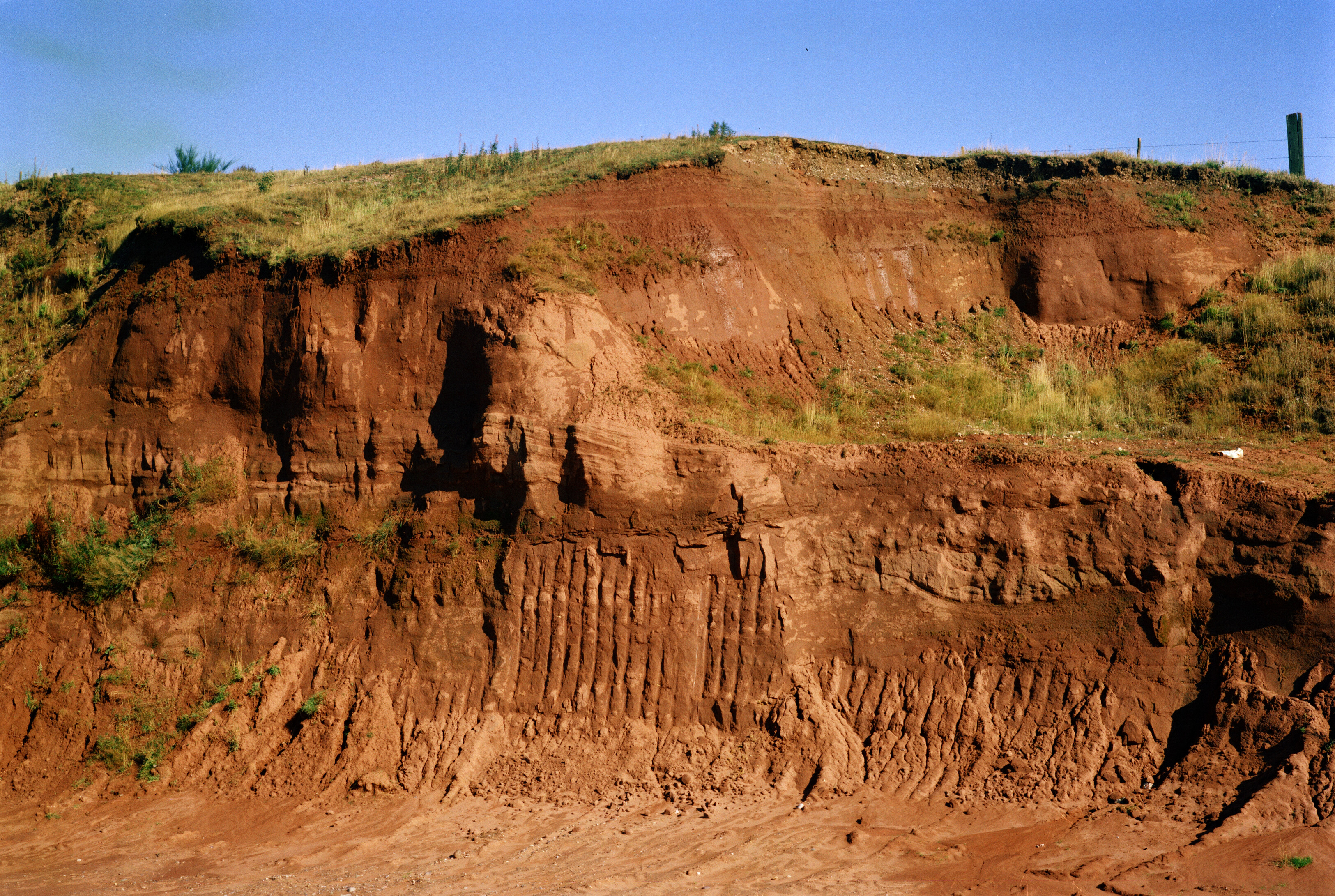
Funding awarded for study on hydrogen storage potential in the East Midlands
19/08/2024
A new study has been awarded funding to explore the underground hydrogen storage potential in the East Midlands.
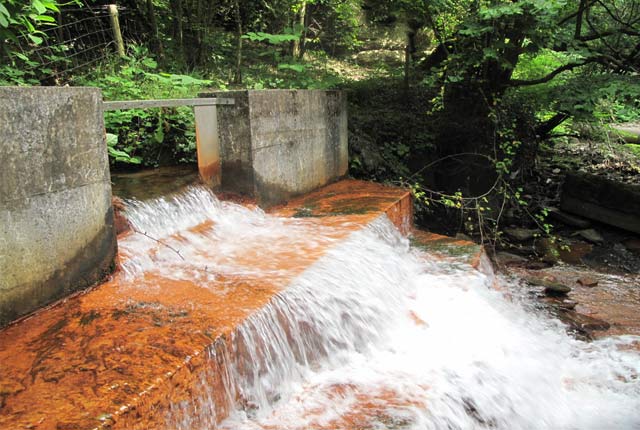
Collaboration, progress and emerging themes in mine-water heating, cooling and storage
17/05/2023
BGS, the Coal Authority and IEA Geothermal held the third Mine Water Energy Symposium to enhance collaboration and knowledge exchange around the world.
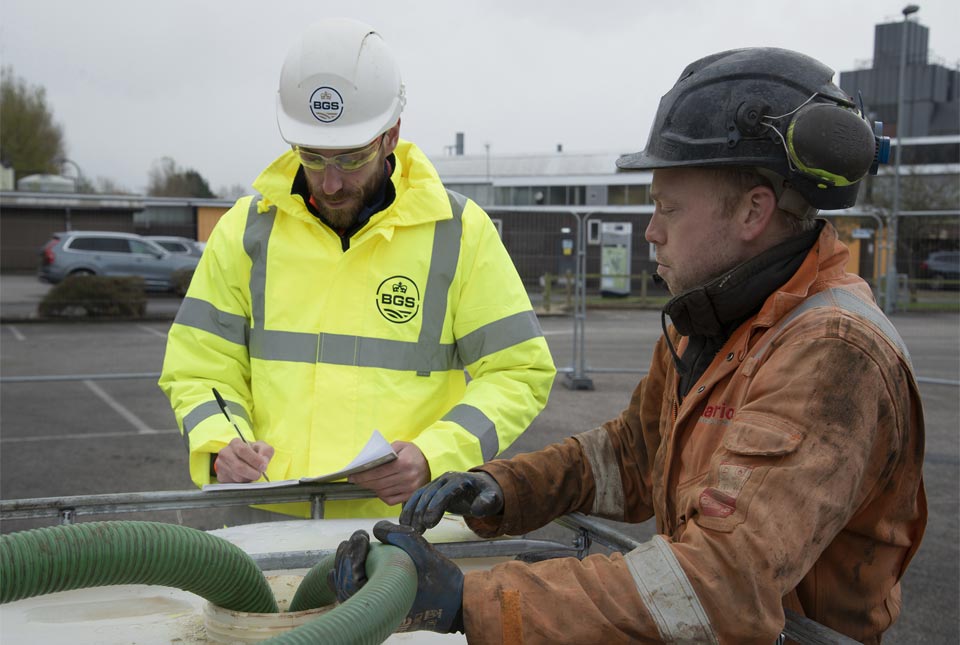
UK set for groundbreaking underground observatory in Cheshire
09/02/2022
The UK Geoenergy Observatories project will deliver a second underground observatory for the UK after it was granted planning permission on Wednesday 9 February.
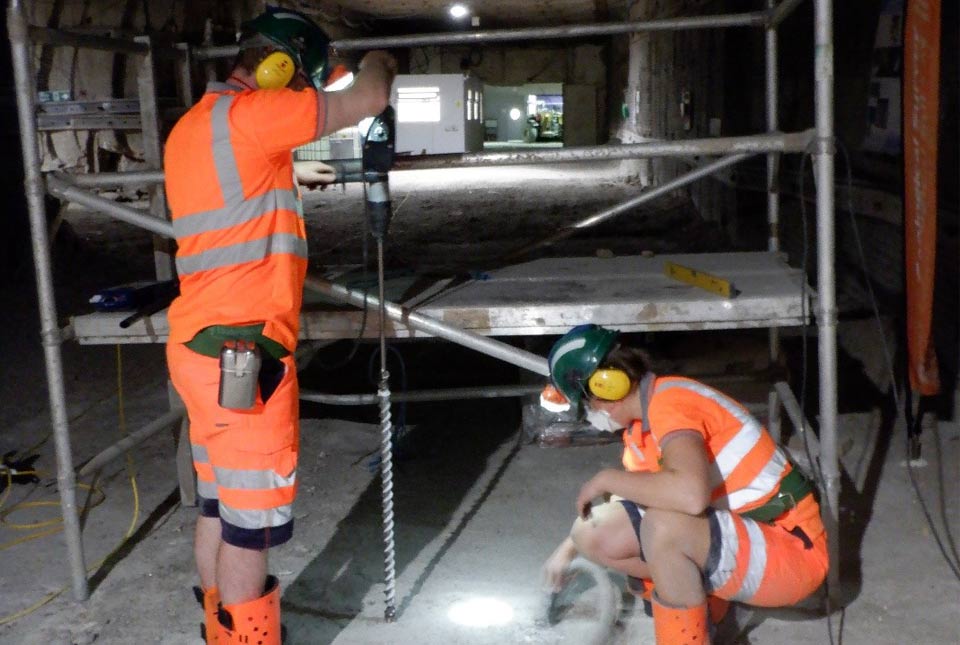
The scientists going underground in search of answers to energy storage
04/11/2021
Finding answers to some of our planet’s biggest challenges can require scientists to carry out their work in the most extraordinary of environments.
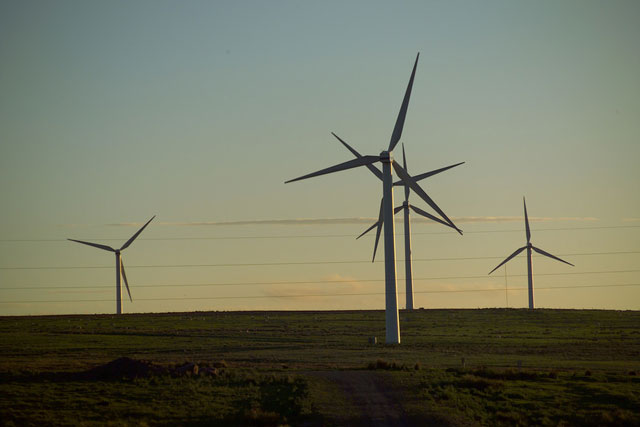
Underground energy storage: supporting the transition to net zero carbon emissions
25/08/2021
Underground storage for renewable energy resources could be a viable green solution as we transition to a net zero UK.

Safe storage of hydrogen in porous rocks: the challenges and knowledge gaps
12/02/2021
Increasing the amount of renewable energy that generates clean electricity will require a transition from natural gas to hydrogen and to store heat/cool in rocks.

